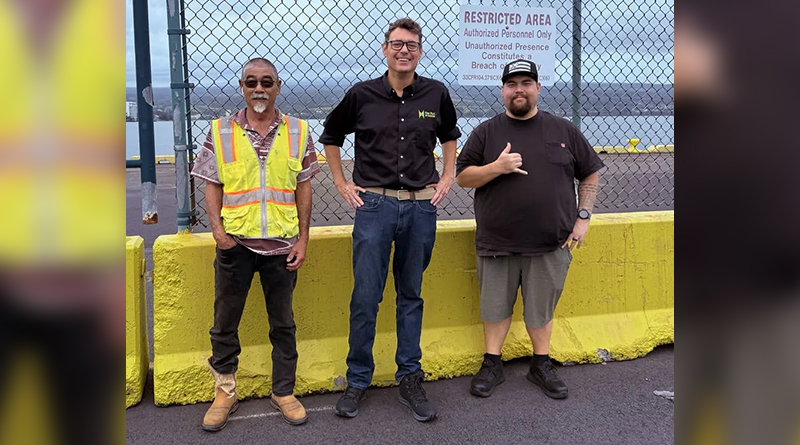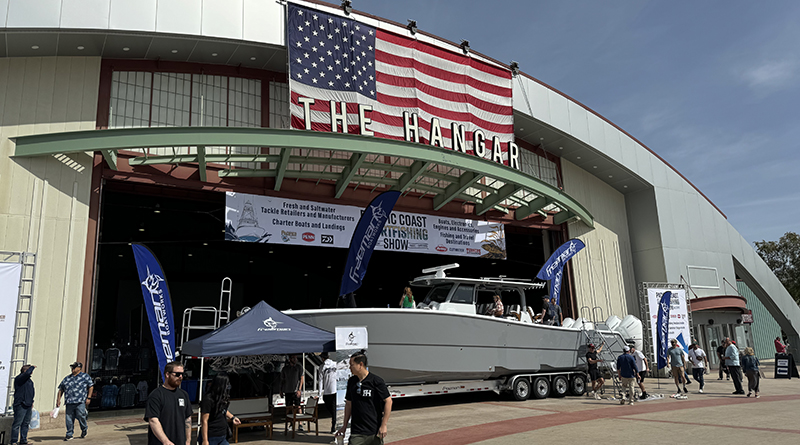Question:
I had a dispute with a boat mechanic last year regarding the amount of his final invoice. It was a big job, but I made payments along the way and his final invoice was way more than we had talked about. I refused to pay, but he filed a claim of lien against my boat with the Coast Guard, and then he hired a lawyer to negotiate for him. I viewed the claim of lien as a type of extortion, but we eventually compromised on the amount owed. His lawyer drafted a settlement agreement, which I signed when I paid the agreed-upon amount. The mechanic released the lien claim with the Coast Guard and that was the end of it. Or so I thought. My boat is now suffering from the same mechanical problems that the mechanic supposedly fixed. This time I took the boat to a new mechanic, who discovered that the previous mechanic had installed used or remanufactured parts, and my current problems are directly attributed to the failure of those parts. I contacted the previous mechanic, but his attorney responded by telling me that my claims are barred by the settlement agreement. I think he’s wrong, because the settlement agreement was executed to resolve a payment dispute, not a dispute regarding the actual repair. What are my options now?
Answer
Our reader is probably out of luck. This story, unfortunately, highlights the importance of hiring an attorney when you know the other side has legal representation, and the importance of reading a document carefully before signing. We don’t have our reader’s settlement agreement in front of us, but there are several basic provisions that are found in most settlement agreements that may prevent our reader from pursuing a new claim against the mechanic. Let’s take a look at those common provisions.
The first roadblock that our reader will face involves the scope of the agreement. Our reader believes that the agreement concerned only the payment dispute, but the mechanic’s attorney has advised that it covers the entire relationship between the parties. The attorney is probably correct. The purpose of a settlement agreement is to close the relationship between the parties entirely. To settle any and all disputes once and for all. As such, all settlement agreements include very comprehensive language when describing the scope of the matters to be released. It is very common to include language calling for the parties to release each other from “any and all claims, whether known or unknown, that each party has or might have had against the other.” In our readers case, that would have gone far beyond the payment dispute.
Most settlement agreements also include express language whereby the parties release each other for claims that exist but that are unknown at the time of settlement. Notably, California law (Civil Code §1542) includes a provision which protects settling parties from releasing their opponent for claims that are unknown at the time of settling. But settlement agreements almost always include language which waives §1542, so that the agreement really is a final settlement, even if unknown claims are out there.
Settlement agreement also typically include language where the parties represent that they entered into the agreement without relying upon any representations or promises from anyone, and that they were not under duress, and that they consulted an attorney before signing.
The “boilerplate” language that is often found in settlement agreements sounds relatively harmless, until you want to assert a claim against a settling party for wrongdoing connected with the original dispute. The provisions discussed above will usually prevent a settling party from asserting a new claim after the settlement is finalized, even if the new claim seems unrelated to the original claim. If you are in our reader’s shoes, you may find that you signed away all of your rights because you failed to read the agreement before signing and you failed to hire an attorney. Learn from his mistake. Hire an attorney and read the agreement before signing.
David Weil is licensed to practice law in the state of California and as such, some of the information provided in this column may not be applicable in a jurisdiction outside of California. Please note also that no two legal situations are alike, and it is impossible to provide accurate legal advice without knowing all the facts of a particular situation. Therefore, the information provided in this column should not be regarded as individual legal advice, and readers should not act upon this information without seeking the opinion of an attorney in their home state.
David Weil is the managing attorney at Weil & Associates (www.weilmaritime.com) in Seal Beach. He is certified as a Specialist in Admiralty and Maritime Law by the State Bar of California Board of Legal Specialization and a “Proctor in Admiralty” Member of the Maritime Law Association of the United States, an adjunct professor of Admiralty Law, and former legal counsel to the California Yacht Brokers Association. If you have a maritime law question for Weil, he can be contacted at 562-799-5508, through his website at www.weilmaritime.com, or via email at [email protected].





